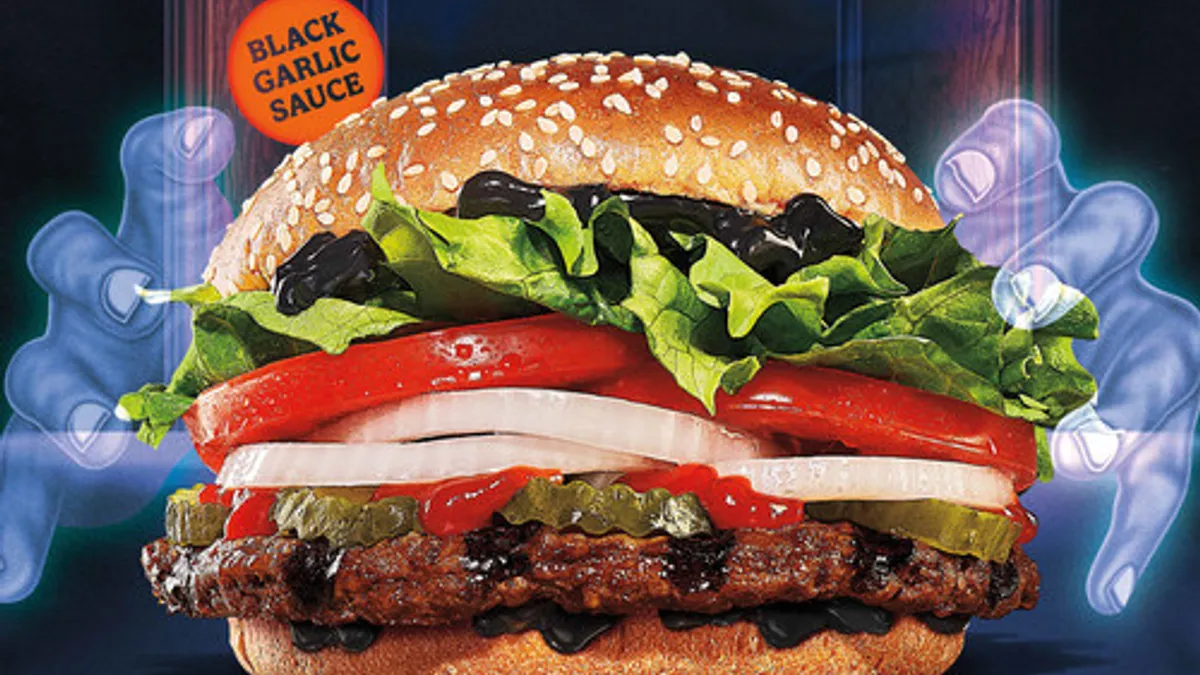Update: Aug. 30, 20203: This article has been updated with a comment from Burger King.
A federal judge in part denied and in part granted a motion by Burger King to dismiss a class action lawsuit, which arguing the company misrepresented the size of its Whopper sandwiches, court records show. The partial denial of Burger King’s motion to dismiss means the suit can proceed.
Roy Altman, a judge with the Federal District Court for the Southern District of Florida, denied Burger King’s efforts to dismiss a negligent misrepresentation claim and a false enrichment claim. Altman granted the company’s effort to prevent plaintiffs from relying on out-of-store advertisements as the basis of a breach of contract claim, and granted Burger King’s motion to dismiss plaintiff’s claims the brand violated state consumer protection laws.
Plaintiffs in the suit argued Burger King overstated the size of its Whopper sandwiches in advertisements, causing consumers to buy food based on an inaccurate estimate of its size.
A change in Burger King’s advertising made the Whopper sandwich look 35% larger and seem to contain 100% more beef, plaintiffs alleged in a version of the complaint cited by Altman. The size of the sandwich had not changed.
“[Plaintiffs] claim that they bought specific Burger King food items at Burger King stores in their resident states, and that they were duped by the promotional images of the burgers they saw online, on TV, and on Burger King’s menu-ordering boards,” Altman wrote.
Burger King argued that reasonable consumers know that food in advertisements is styled to appear more appetizing and larger than in reality.
The company also said the plaintiffs’ claims were false.
“The flame-grilled beef patties portrayed in our advertising are the same patties used in the millions of Whopper sandwiches we serve to Guests nationwide,” a Burger King spokesperson wrote in an email to Restaurant Dive.
Plaintiffs involved in the suit live in or bought Burger King products in Florida, New York, Illinois, Massachusetts, Michigan, California, Connecticut, Ohio, Kentucky, Mississippi, Pennsylvania, and Arizona, according to Altman’s order.












